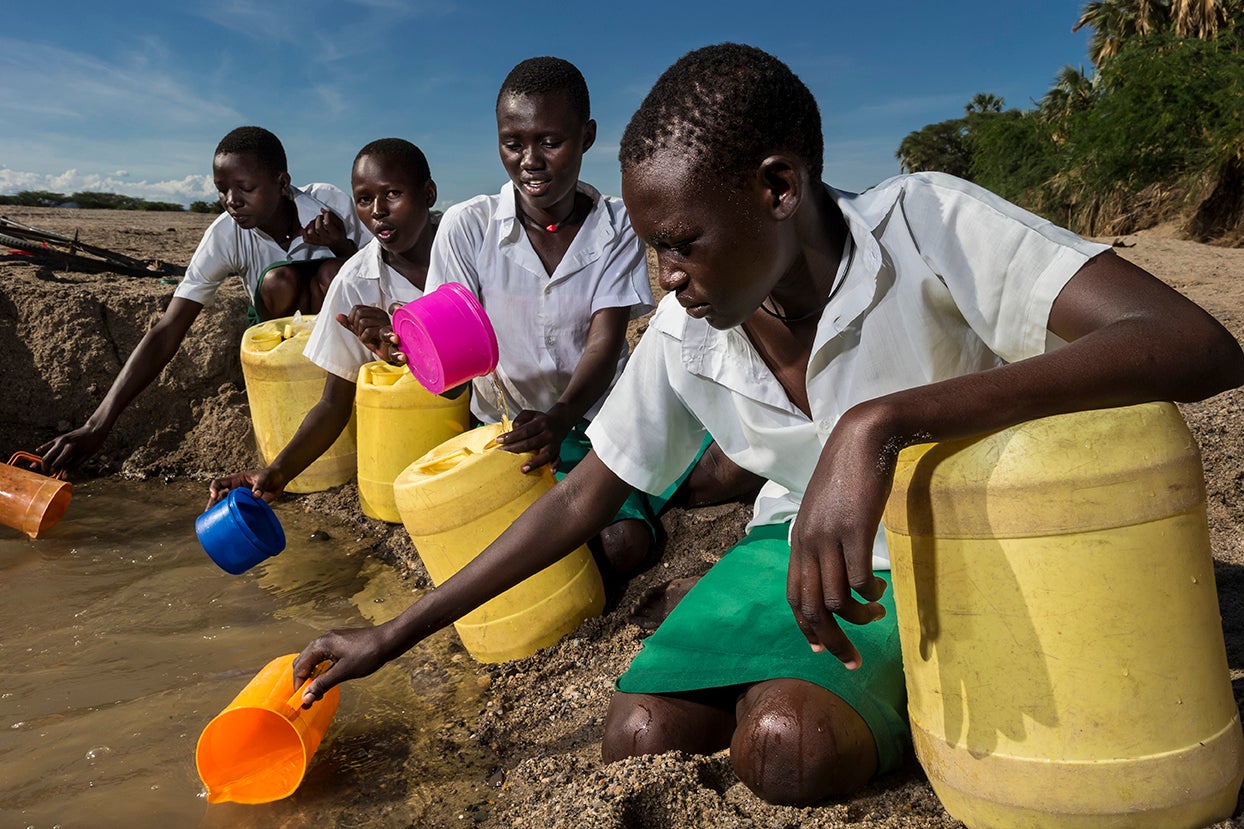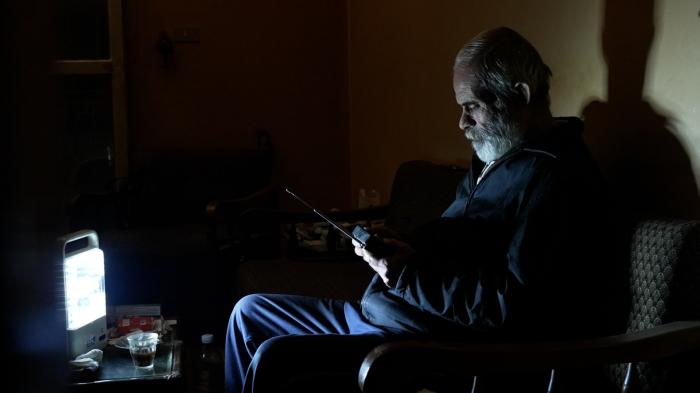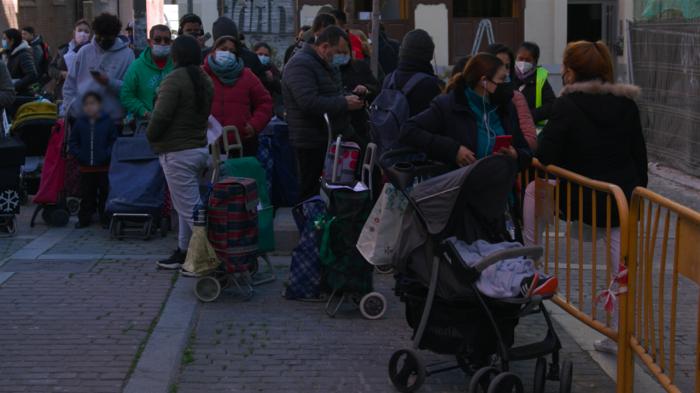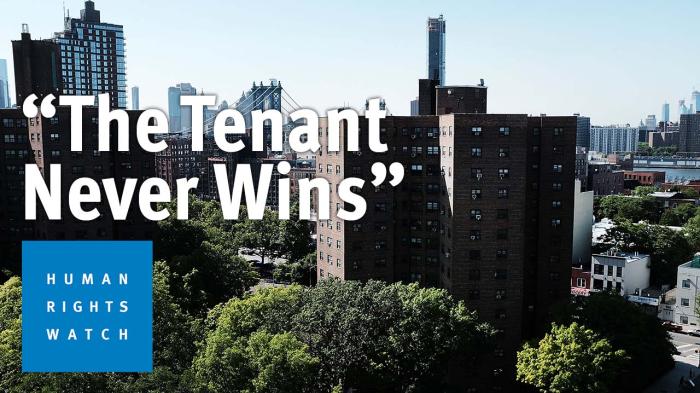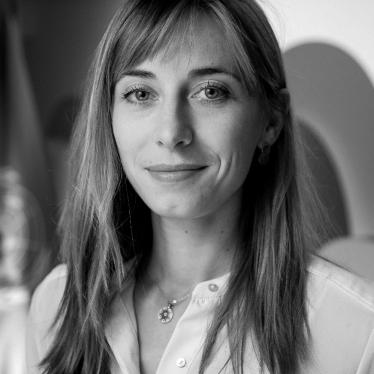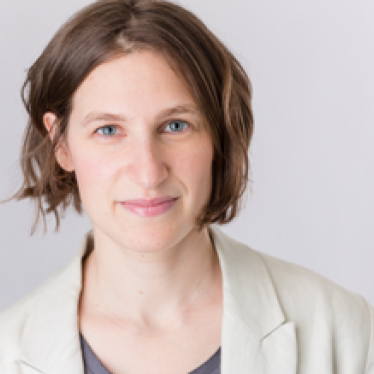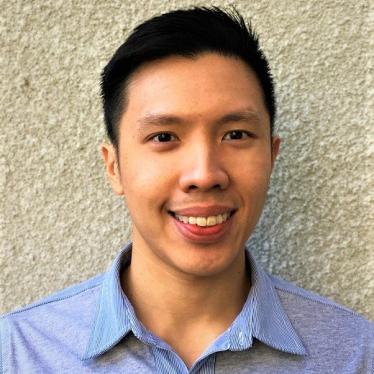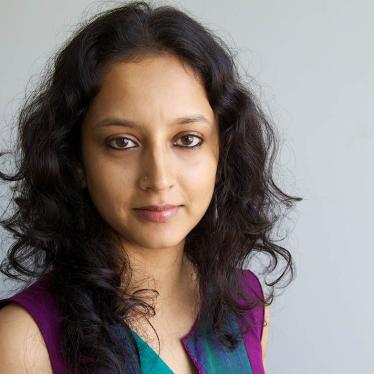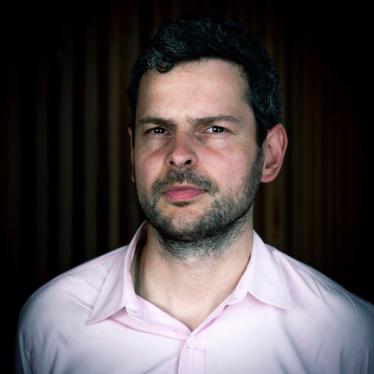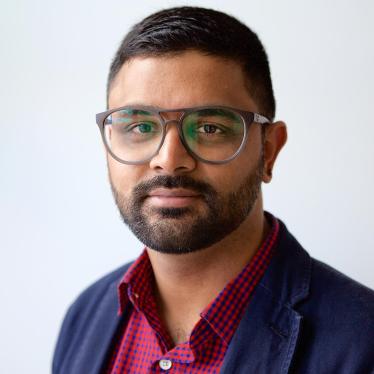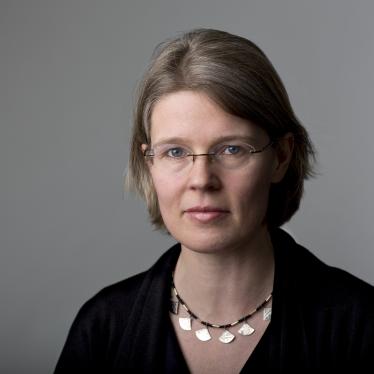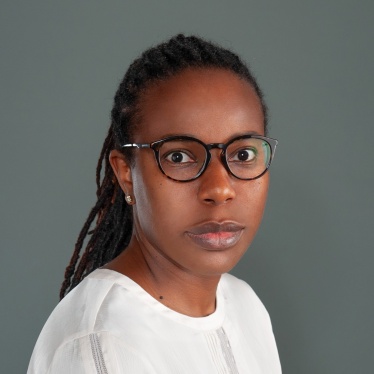Jorge Afonso
I never thought I'd be asking for food
and financial assistance at this point in my life.
Tamara
As a mother, I feel anxious and terribly helpless.
Pedro Luis Álvarez
My dream, my aspirations right now are immediate… to survive.
TEXT CARD
The consequences of the Covid-19 pandemic
have pulled hundreds of thousands of people
in Spain into poverty, compromising
protection of their basic rights.
The Spanish government has not
responded adequately to urgent needs
for food and financial support leaving
many people turning to food banks.
Raquel Coronel
I’ve come here to collect food because I need it, mostly as I’m unemployed now
and I don’t have another option.
Jorge Afonso
I used to work as a computer technician,
and I even had my own business. But I was very badly affected by the pandemic and now I’m in this financial situation, something that has never happened to me
before in my life.
TEXT CARD
Spain needs a social security system
that guarantees people’s right to food
and an adequate standard of living.
Paola Castillo Erago
coordinadora de reparto de alimentos
Parroquia de San Ramón Nonato.
During the pandemic, the number of people
coming here increased significantly. Right now, the poverty situation is very serious. Because we’ve noticed that even people with jobs
are coming to Caritas [food distribution] to ask for help because the salaries they receive
aren’t enough to support their families.
TEXT CARD
In April 2020, Spain’s government brought
in a furlough scheme and Minimum Vital
Income (IMV) assistance to help citizens and
residents during the pandemic.
However, many people in need never received support.
75% of those who applied for IMV
were refused by March 2021.
Pedro Luis Álvarez
When I worked in a factory,
I was getting something like 1,050 [euros] a month. My rent alone costs 730 euros. After you deduct the rent, transportation,energy, the water bill, the girls’ school expenses,
there is nothing left. It’s that simple.
We’ve tried to access different resources
established by the government like the minimum vital income, and we always find ourselves in limbo. What kind of limbo? Well, there is always a requirement that excludes us.
TEXT CARD
Pedro, who moved from Cuba,
is a Spanish citizen and one of
six million people living in
poverty in Spain.
Pedro Luis Álvarez
The biggest difficulty we have is the energy issue. We were very cold, during the winter
and we simply couldn’t afford to pay for the heating. Everything is a hardship
when you don't have enough. Coming here to Spain,
a land I loved from afar, and realizing that the
situation is so difficult.
We see no future. If we don't have a stroke of luck,
our prospects are terrible.
Tamara
Right now, the income that
I have in my household is zero. Expenses can be 150 to 200 [Euros per month]. The pandemic’s economic impact
has very much been felt in my family. I worked cleaning houses,
but I lost [my job in] the houses because they were owned by older people. I’m waiting for an appointment
at the unemployment office so I can get my benefits.
But they never have openings.
TEXT CARD
For some, help has come from
community members during
the crisis.
Jessica Ferrer
Despensa Solidaria San Diego
Here you mostly see people who clean
and people who take care of the elderly. Followed by restaurant workers,
waiters and cooks. I think the government should have
stronger strategies to help families. The little that they're doing,
is not noticeable because otherwise we wouldn't
be here [in the pantry] for these types of cases.
Usman Camara
When the pandemic came,
there were all kinds of people, Spaniards, migrants, all kinds of people who did not have basic food to eat a daily meal. They couldn’t even buy a loaf of bread. At least, thanks to the foodbank,
all these people were able to eat daily. No one was left behind.
TEXT CARD
Usman donated thousands of kilos of fruit
and vegetables to community foodbanks
during the crisis.
Usman Camara
Man, it’s essential that
no one should go without basic food. If we let that happen
then we’ve lost our common sense. For me, it’s crucial that no one goes hungry. We must collaborate.
We must support one another. We must help.
TEXT CARD
Governments like Spain’s should learn
lessons from the pandemic.
They should implement reforms to ensure
a strong social security system that guarantees
everyone’s rights to social security, food,
and an adequate standard of living.
People’s rights, including the ability to feed
their families, should always be protected,
especially in times of crisis.
